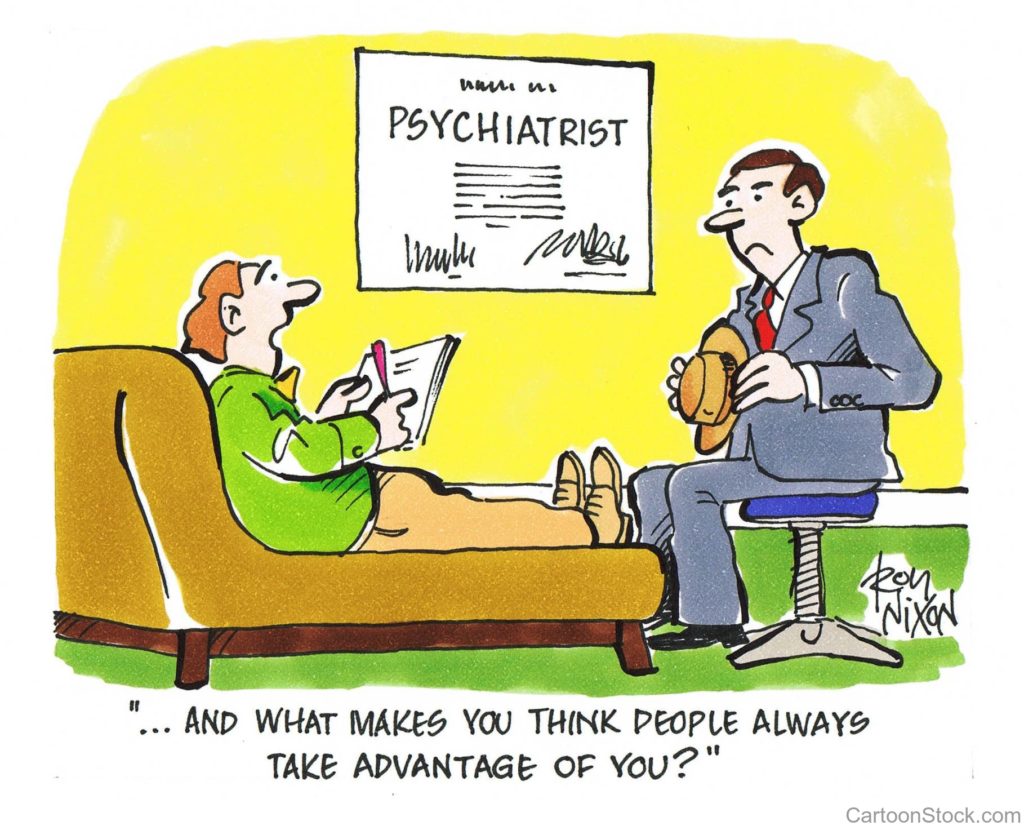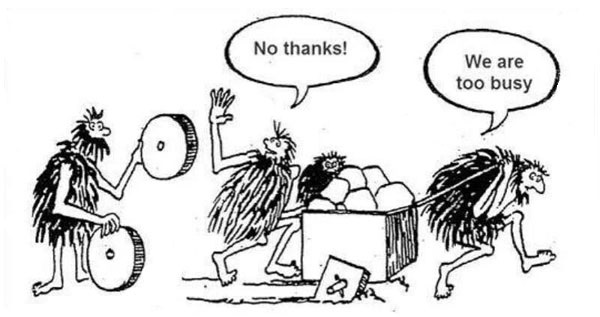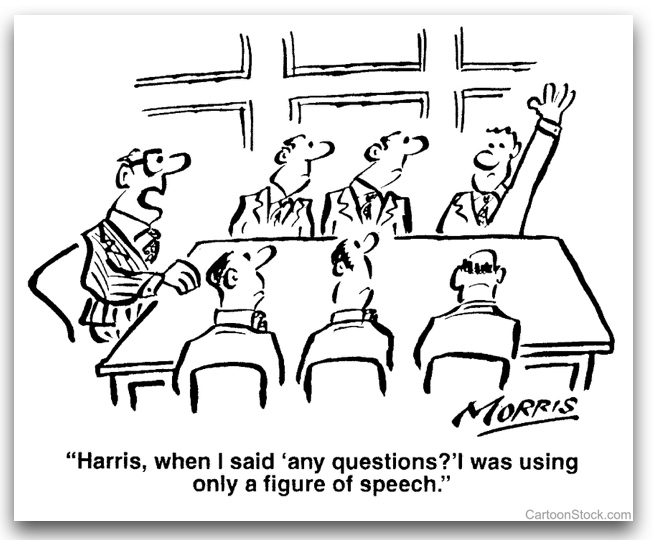 Michelangelo sculpted four intentionally unfinished works: The Bearded Slave (shown here), The Atlas Slave, The Awakening Slave and The Young Slave. Though they appear unfinished, they are just as he intended them to be. He wanted to show what it might feel like to be forever enslaved.
Michelangelo sculpted four intentionally unfinished works: The Bearded Slave (shown here), The Atlas Slave, The Awakening Slave and The Young Slave. Though they appear unfinished, they are just as he intended them to be. He wanted to show what it might feel like to be forever enslaved.
Sadly, some people choose to be enslaved by their past.
Years ago, a man came to me for counseling. When I asked him why he had come, he spoke about how his employer had taken advantage of him and then fired him. As he told the details, he became visibly emotional—flushed face, moist eyes, quivering lips…
About ten minutes into the session I asked, “When did this happen?” (Recently, I assumed.) He answered, “Seventeen years ago.”
Oh my…
While I wanted to empathize with him regarding the alleged employer abuse, I was shocked that he had allowed this one incident to negatively influence his life for so long.
Now to the other extreme, I have a friend who continually (and almost exclusively) talks about the “good old days.” Doing so seems to make him a positive, joyful person (though at times I think he’s hiding something; surely something in his past was unsettling) but he’s also stuck in time. He has no vision for the future because he constantly lives in the past.
Let me suggest that there’s a difference between reflecting on your past and dwelling on it.
Reflect on your past so you can be grateful for the positive experiences and learn from the painful ones. But, don’t dwell on your past, or the positive experiences may cause you to be smug, complacent, and apathetic about future possibilities and the painful experiences may eventually pollute your soul. Just as there are two ways to fall off a horse, there are two ways an obsession with the past can unbalance us.
Think more about the present and future than you do the past. Enjoy the wonder of each hour and dream about a better tomorrow. View the past as a prelude to the future. Always have something to look forward to.
Free yourself from unhelpful introspection.
[reminder]What are your thoughts about this essay?[/reminder]
Here’s a video about Michelangelo’s unfinished sculptures.
[youtube id=”a4oe_krw_Y8″]

 We are most vulnerable to being taken advantage of when we’re engaged in an area we don’t understand.
We are most vulnerable to being taken advantage of when we’re engaged in an area we don’t understand. In 1950, 21 of Japan’s most important business leaders attended a dinner party in Tokyo. American statistician W. Edwards Deming was the keynote speaker. Deming’s said that the key to restoring Japan’s post-war economy was to pursue a simple strategy of continuous improvement in all products and services. Collectively, and without regulatory or legislative involvement, these leaders adopted Deming’s recommendations, which eventually led to a manufacturing and economic renaissance.
In 1950, 21 of Japan’s most important business leaders attended a dinner party in Tokyo. American statistician W. Edwards Deming was the keynote speaker. Deming’s said that the key to restoring Japan’s post-war economy was to pursue a simple strategy of continuous improvement in all products and services. Collectively, and without regulatory or legislative involvement, these leaders adopted Deming’s recommendations, which eventually led to a manufacturing and economic renaissance.
 Never doubt that a small group of thoughtful, committed citizens can change the world: indeed, it’s the only thing that ever has. Margaret Mead
Never doubt that a small group of thoughtful, committed citizens can change the world: indeed, it’s the only thing that ever has. Margaret Mead